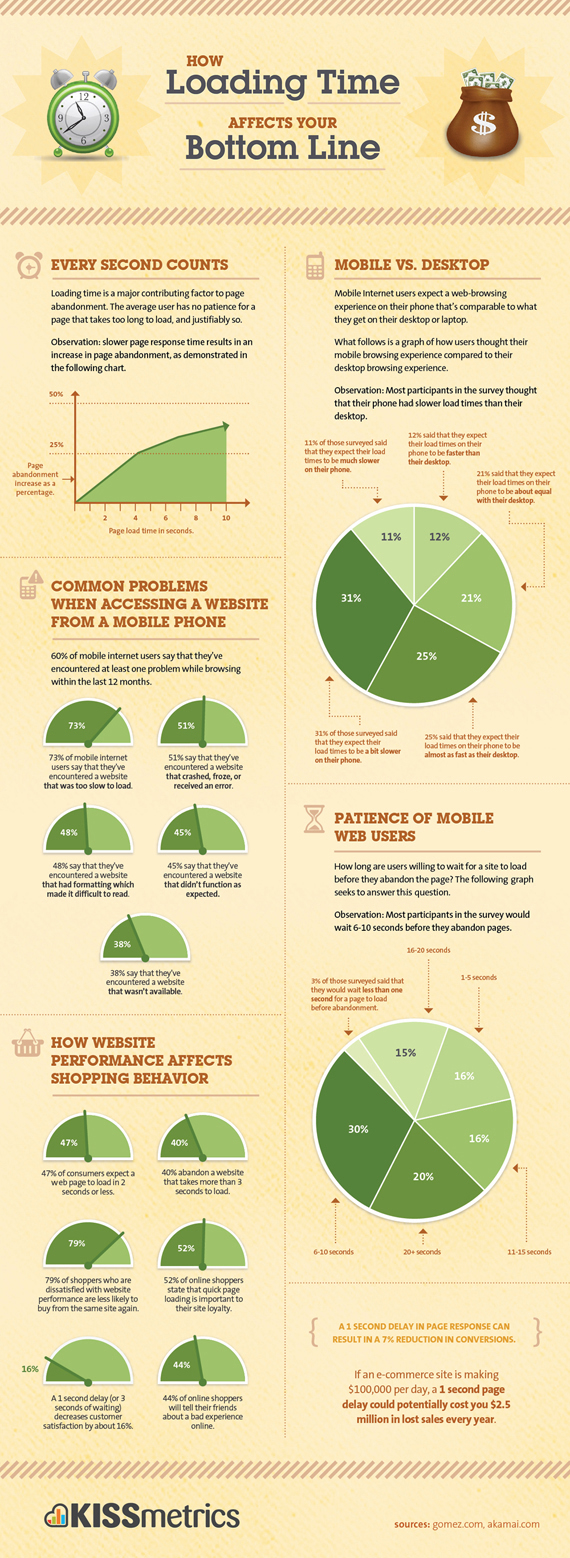
Does Server Speed affect Search Engine Rankings?
Do you like it when you’re browsing a website and it is painstakingly slow? Of course not, nobody will like it. But did you know that if your website is slow then it can affect your search results. Yes, Google has said that site performance is a key factor for both the paid search results and the organic traffic. We are pretty much certain that all other search engines must be doing the same thing too. So, if your site has always been a bit slow during peak times or intermittently then this might be hurting your rankings in ways that you do not even realize.
It’s always been a fact that when a website is slow-loading it can impact your organic search results. The logic is if your site loads slowly then it will not be crawled as often or as deeply as possible. The Search engine spiders only spend a certain time on your site, so the faster it is, the higher the number of the pages that get indexed. The slower it is, then most of your pages might not get indexed at all, which means they will not be found on the search engines at all.
With the amount of changes Google makes, they recently said about using page load speed as a ranking factor too. So it will be obvious that faster loading pages will get ranked higher then slower ones. Hope by now you understand that anything that is slow will hurt your site in the search results as Google wants to give its users the best user experience and the slow loading sites will not provide that at all. Google has also mentioned that slow loading sites have lower quality scores.
Not all online businesses can afford a fantastic top of the range high speed dedicated server as most new businesses have budget constraints. We do advise to kindly check if you can somehow have your website load faster than it does now. It’s up to you to decide if you want to invest in a new server or not but our advice is for you to understand that speed does affect your search results
Matt Cutts (Google spokesman) also said that the speed is increasing becoming an important factor in SEO. He did mention that Google considers speed to be an important element to the web and that this could be used as a way in which page rankings are calculated in the future. These statements did scare off many online business as they did not know how the speed factor will affect their online search results.
The smaller businesses who cannot afford the high tech servers will cry foul as the rich businesses will have an upper hand right from the start so we are not entirely sure if Google will go down that route or not. Many countries across the globe do not even have a solid connectivity base which means the new approach to speedy sites could result in the sites hosted in such countries to be penalized or face drop in rankings. Many top marketing strategists have all pointed that this moved will have an adverse impact on many web sites across the globe. Google will somehow give a bonus for good site speed performance and have an adverse impact for poor site performance.
As an experienced Webmaster, I believe that a faster web experience will be best for everyone. There has always been a point when we have slammed the slow loading sites and been frustrated at their speed. Google and other search engines want to improve on the user experience while browsing and speed certainly is one of the factor to consider.
As being someone who relies on data from the web, I would say Google idea of giving a bonus or preference to faster sites does seem like a good idea. As a web expert, I need to get all my web offering and reports within the shortest time and that will only be possible if the sites load faster. The same way you are reading this today, it could be loading very slowly and make you frustrated and leave right away but because the site loads faster will give you a better experience on Lowcostseo so we do not find anything wrong with Google wanting faster sites.

Above is a great infographic by Kissmetrics on the importance of Load times and how they affect a site's ranking on the web.
